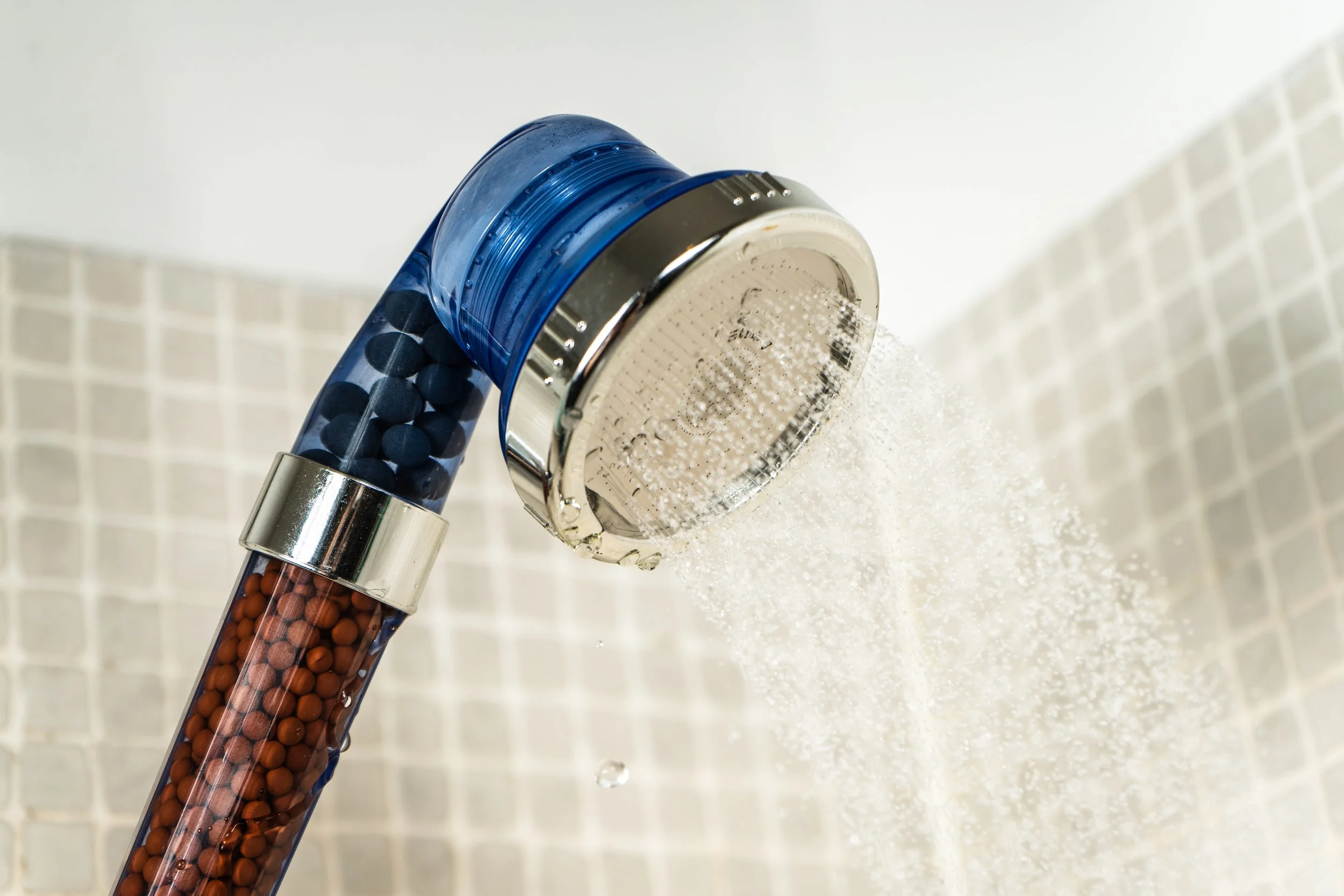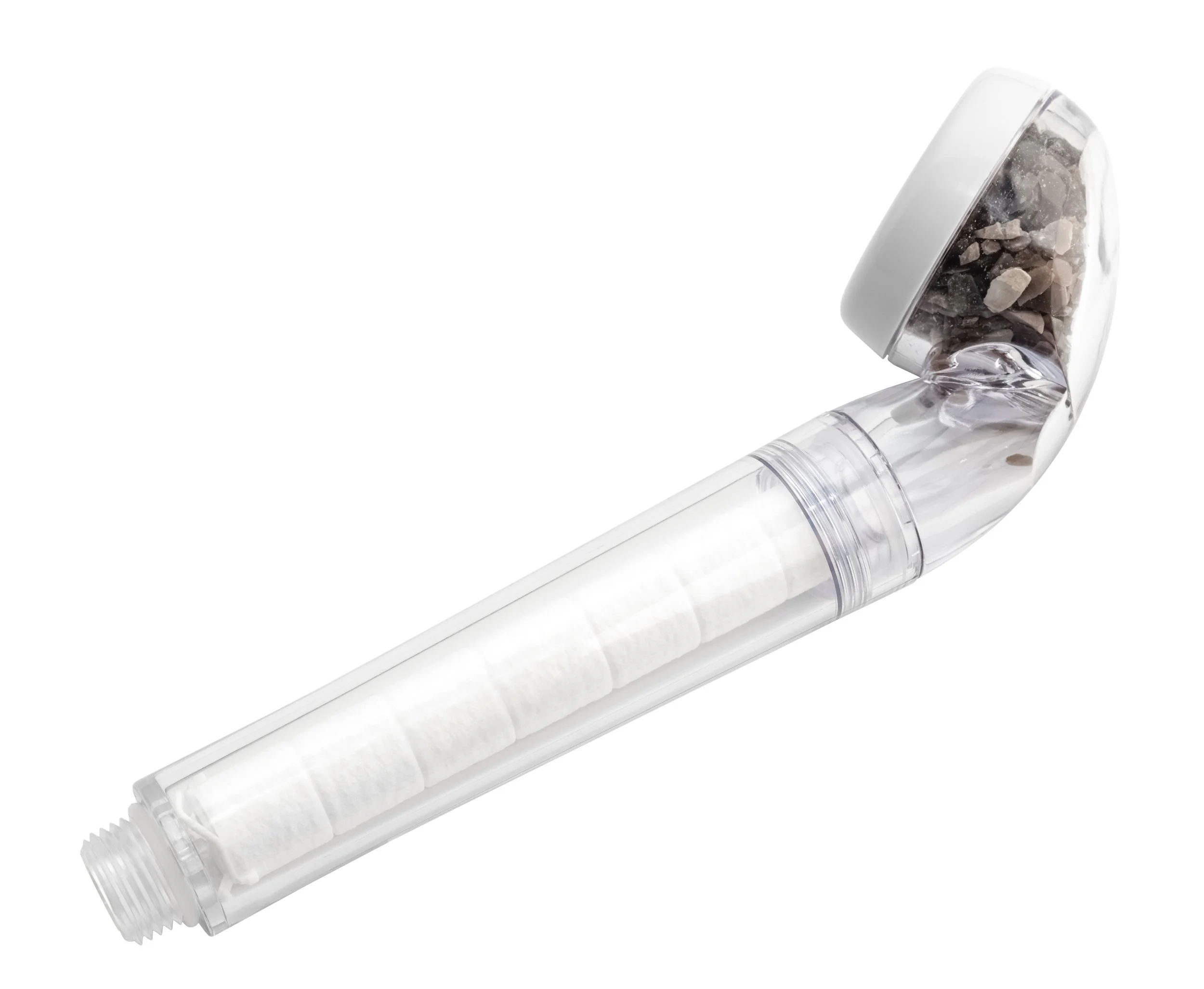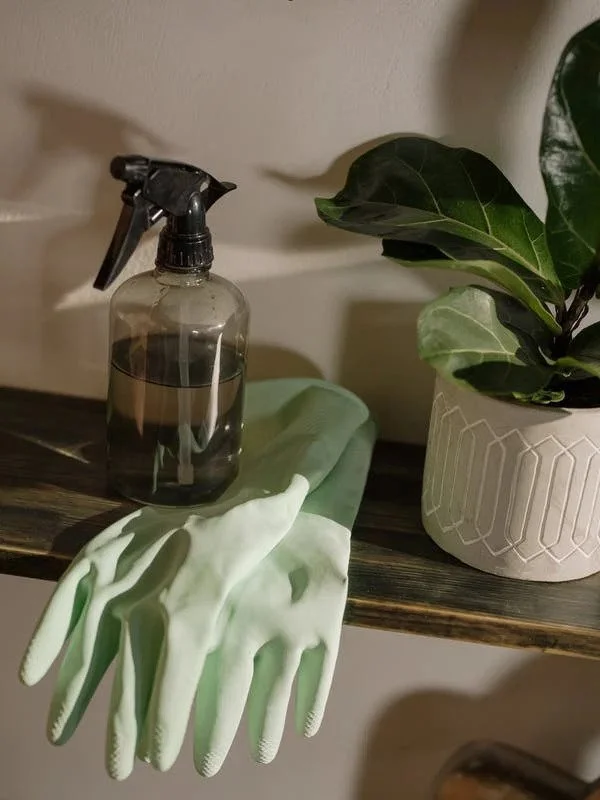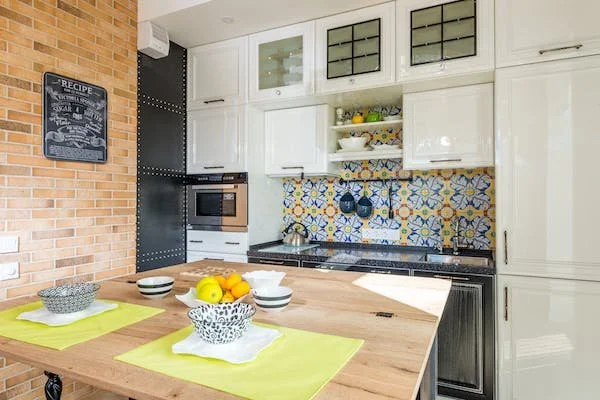Construction Safety: A Practical Guide
RH Business Marketing Solutions
Construction safety is a topic that many people need to become more familiar with. Many construction workers are involved in heavy machinery, and some need help understanding how careful they must be to prevent injuries. A lot of accidents in construction are due to the lack of safety measures implemented by construction workers. Such accidents include slips and falls, hypothermia, and other occupational injuries. However, over the years, the construction industry has become very rigorous in addressing safety issues to alert workers of the dangers. These measures include ensuring workers are aware of basic safety rules, and this would consist of wearing a hard hat throughout construction activities such as pouring cement.
10 Safety Rules For Enhancing Construction Safety
1. Always wear a hard hat.
Construction workers must have protective headgear at all times when working. Most countries’ laws state that workers should have head protection, eye protection, and ear protection when working. Wearing this gear can prevent serious injuries, including concussions. It can also help prevent minor accidents from occurring, as well as serious accidents.
2. Wash hands frequently throughout the day.
It is essential to wash your hands very frequently throughout the day. If you do not pass your hands often, there is a greater chance that you could become ill and carry this illness onto your job site. You are more likely to spread infections if you touch surfaces people have felt in public restrooms or kitchens before returning to work. Construction sites have chemicals and dirt. If you are not careful, you might end up cutting yourself while on your job.
3. Implement policies to protect workers.
The construction industry has implemented a series of policies to ensure that workers are protected; this includes providing them with helmets, safety shoes, hard hats, and safety vests when they work in the field. There are also many industry-specific safety regulations set forth by government bodies. Another factor that can be protective of workers is calling in the nearest inspector and having them observe the work you are doing at all times.
4. Wear appropriate protective gear.
Many types of work equipment are used during construction, and all of them require some protective gear to wear. Some workers wear hard hats and safety glasses. However, most workers wear safety vests and safety shoes or boots. All these different types of equipment can make a big difference in the outcome of an injury or accident. You can Get your safety shoes in Saudia Arabia from Ejawda
5. Ensure there are always work permits.
Before starting their construction project, workers must ensure that the proper authorities issue a work permit. The work permit is necessary because they will use it to generate any claims that they can make against the company that hired you to do the job. If you do not have one of these permits, you could potentially lose your job or face other legal issues.
6. Ensure workers know the rules.
There are rules in construction that every worker must understand before they can operate on a job site with any machinery. It is essential to ensure workers only work in areas where they are prohibited. For example, you cannot use specific machines if you get too close to electrical wires. If you do not follow these safety rules, you could have an accident that can cause serious injuries or causes an employer to lose their job.
7. Install Warning signs.
It is always essential to ensure there are warning signs that warn people to maintain a safe distance from construction sites. There should also be certain areas where workers must wear hard hats or safety glasses to operate safely. Before starting a project, it is essential to ensure workers conduct a walk-through of the excavation area and follow all safety precautions before they start digging and removing materials from the site.
8. Ensure that workers are adequately trained.
Many times, individuals need to learn how to operate the machines they are being asked to use on a construction site. Therefore, it is essential to ensure workers are well-trained in managing them properly and advise them of the proper procedures and warning signs for the different types of machinery they will be using on the job. Additionally, it is also essential that employees are given refresher training when necessary.
9. Disaster/ Emergency plan.
Site workers should have an emergency plan which they can use in case of an accident or other sort of disaster on the site. It is usually located in a specific location and will contain various instructions to be followed if a disaster occurs. It is essential to ensure all workers are aware of these emergency plans. It can help prevent the workers from panicking during a crisis. It can also help prevent serious injuries or deaths from occurring.
10. Get a safety assessment.
Every construction site should have a safety assessment that experts have carried out to ensure workers are as safe as possible while operating around the area. Many different types of accidents can occur while working on a construction site, and it is essential to ensure workers know how to operate machinery safely and be aware of warning signs when they do so. Also, if workers are not well trained, this can make them more likely to have accidents.
By implementing the above safety measures and using safety equipment, construction workers can dramatically reduce their risk of accidents and injuries. Safety precautions, including wearing protective gear for the head and face, hands and feet, and overhead protection, can help prevent accidents. Additionally, it is essential to understand the safety precautions at a construction site before beginning any work with other people.
To learn more construction site safety tips, check out this Construction Safety Campaign: shulman-hill.com/construction-site-safety/
Guest Contributor: Emily Jack






















